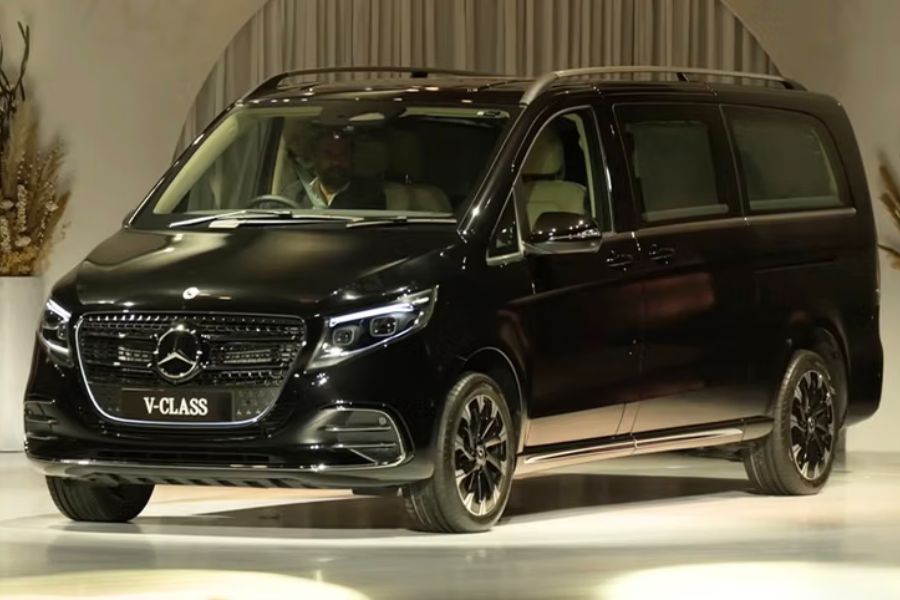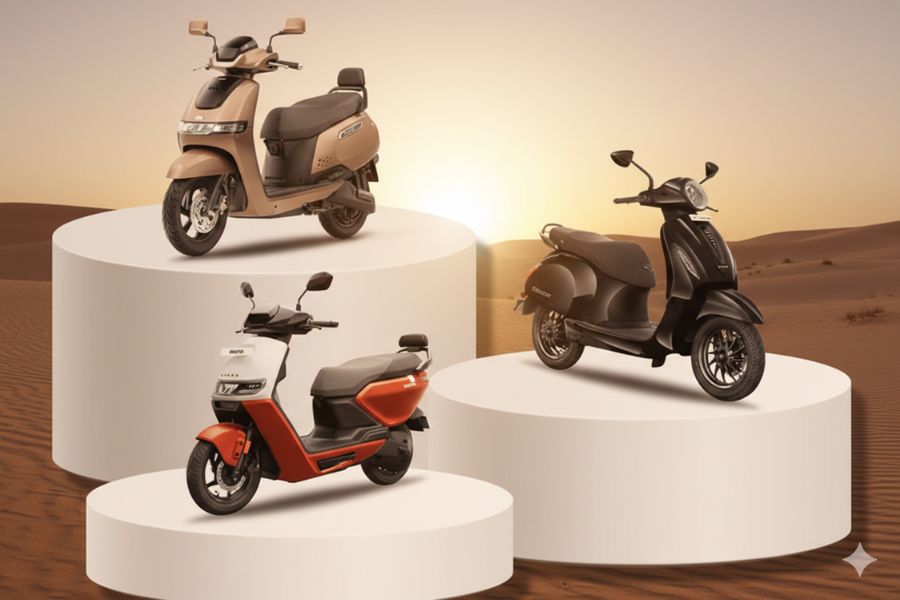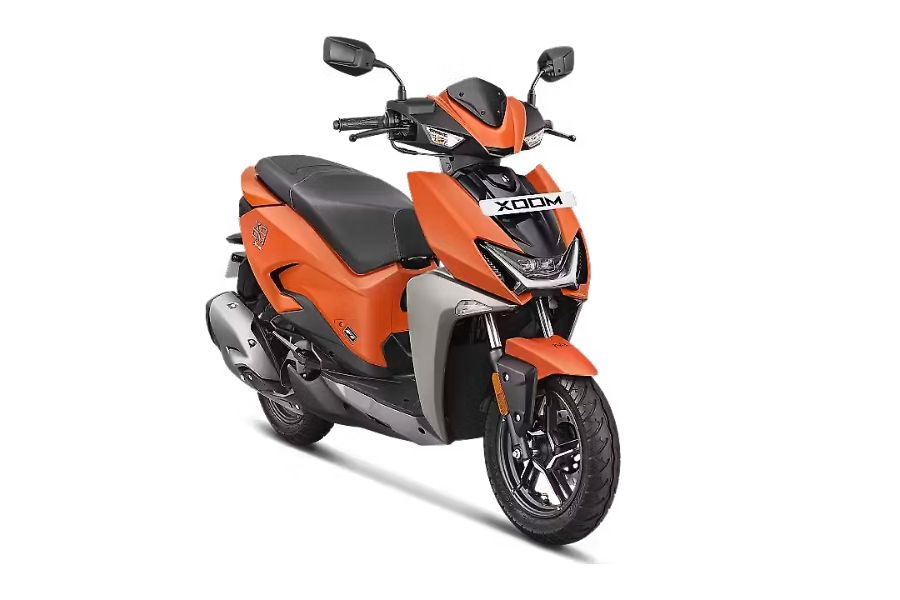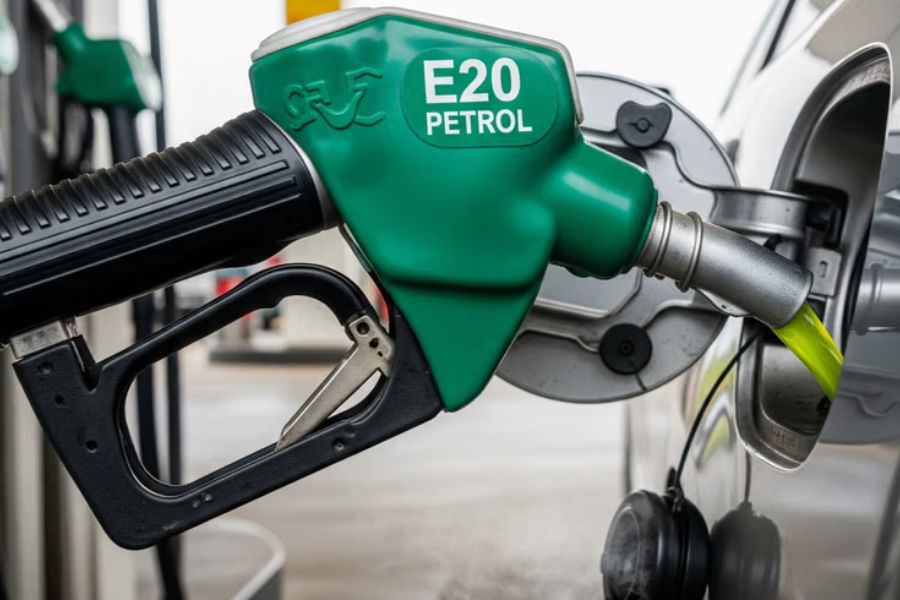The Supreme Court of India has indicated that the country may soon move toward a phased ban on petrol- and diesel-powered luxury cars. The suggestion comes at a time when major cities like Delhi and the NCR continue to face severe air pollution, prompting authorities to explore stronger measures promoting cleaner mobility solutions.
Although India has introduced several incentives to support electric vehicles, the luxury-car space continues to be dominated by traditional combustion engines. The apex court’s proposal seeks to change this trend by nudging premium buyers toward EVs without impacting the general public.
Key Highlights
-
Ministries asked to revisit EV-related policies and incentive structures
-
Luxury EV market share (≈12%) higher than mass-market EVs (≈2–3%)
-
Ban, if implemented, to affect only top-end petrol/diesel luxury cars
Why Is the Supreme Court Considering a Ban?
Justice Surya Kant noted that electric cars today offer premium features, refinement, and comfort on par with high-end petrol and diesel vehicles. Despite this, affluent buyers and corporate fleets continue to prefer ICE models.
The court emphasised that a phased ban would not impact the common consumer, since the proposal targets only luxury cars priced significantly above mass-market levels. The intention is to gradually encourage EV adoption, starting from segments that can easily transition to electric mobility.
Who Will Be Affected by the Proposed Ban?
The move will specifically influence:
1. Luxury Car Buyers
High-net-worth individuals who typically purchase premium petrol or diesel SUVs and sedans will need to shift toward battery-powered alternatives.
2. Luxury Car Manufacturers
Brands such as Mercedes-Benz, BMW, Audi, and Lexus — which still rely heavily on combustion-powered line-ups — may need to accelerate their India EV rollout.
3. Corporate Fleets & Leasing Companies
Many large organisations prefer diesel-powered luxury vehicles for their executive fleets. The proposed ban would push them toward fully electric models.
Although most luxury manufacturers do offer EVs today — such as the BMW iX, Mercedes EQS, Audi e-tron range, and Jaguar I-Pace — ICE variants continue to dominate their sales charts.
When Could the Ban Come Into Effect?
The Supreme Court has not set any implementation date. The idea is still at the consultation stage, but the bench has sought clarity from various ministries on:
-
Whether current EV policies require modification
-
How existing frameworks like the National Electric Mobility Mission Plan (NEMMP) can be strengthened
-
What regulatory steps are needed to enable a smooth transition
A comprehensive report addressing these concerns is expected from the government in December.
Growing Demand for Luxury EVs in India
While mass-market EV penetration remains low, the luxury sector has shown significant momentum:
-
Luxury EVs command around 12% market share
-
Mass-market EV penetration is just 2–3%
-
BMW and Mercedes-Benz reported a sharp rise in EV sales in the first half of the current financial year
High-end electric SUVs and sedans priced above ₹1 crore are seeing quicker acceptance, thanks to cutting-edge tech, silent performance, and lower running costs.
What This Means for India’s Future Mobility
A gradual ban on petrol and diesel luxury cars could:
-
Accelerate EV adoption at the top end of the market
-
Encourage manufacturers to localise EV components
-
Improve urban air quality
-
Create a ripple effect pushing mass-market segments toward electrification
If the proposal translates into policy, India may take another significant step toward becoming an EV-forward nation.




